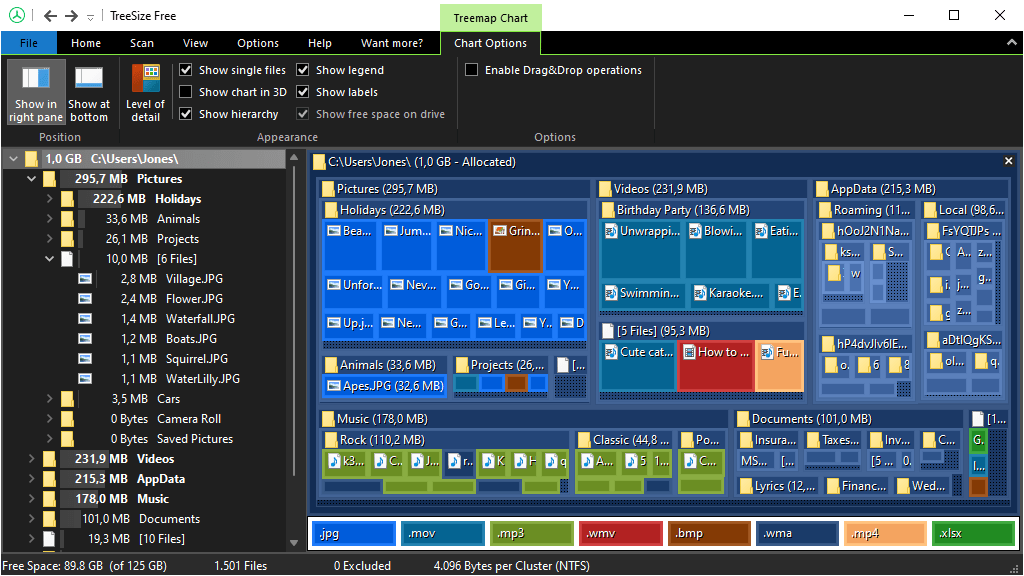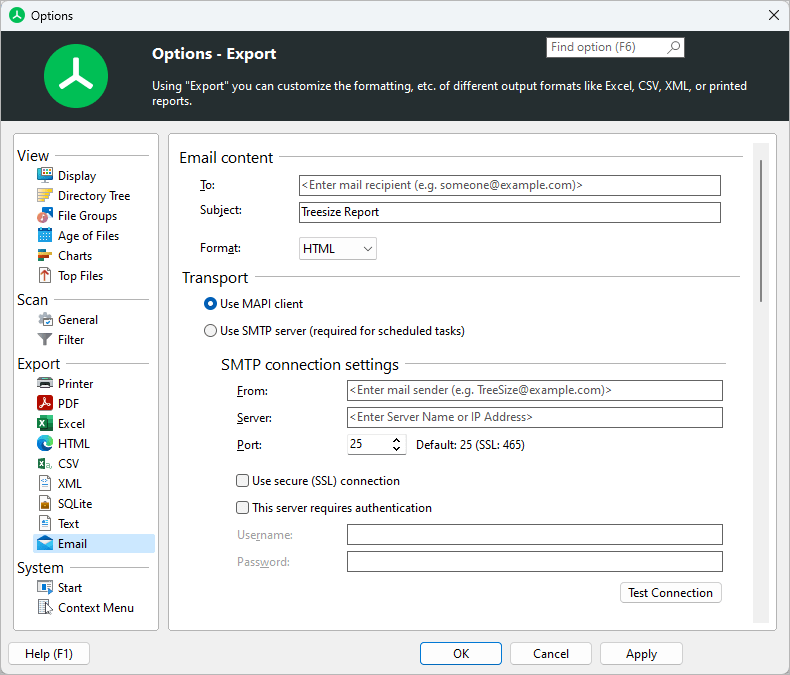
To do this we would need to drill-down further into the file share structure using Treesize until we got to the position of being under 1TB or 1 million files/ folders. We would have to do this where the file share would contain over 1TB data or more than 1 million files/folders, as mentioned above. In some cases we were required to break down ShareGate migration tasks into several parts. Data owners for each area of the business reviewed the reports we produced using Treesize and identified folders that would require further permission changes to be made. Due to the sheer size of the folders structures within our file server environment, we decided to only publish the 2nd and 3rd level of each file share structure as part of the Tree size pre-migration scans. We then created document libraries within each SharePoint site and mapped each existing on-premise domain group to the corresponding file share library. In SharePoint Online, at the site level we opened up access to everyone except external users. We published migration schedules for the entire organisation to see and scheduled tasks in ShareGate to run over the weekends to ensure no loss in service following the migration.

#Treesize application software
Using the above reports we were able to break down each server into tasks that would be within ShareGates software limitations:
#Treesize application plus
We also kept an active scan of each location open within in the Treesize application to refer back to, plus an export of each migration task from Sharegate for the first pass and final incremental migration. With all the above tooling at our disposal we went to work using Treesize to generate reports for each file server and shared with data owners pre-migration.
#Treesize application pro
The pre-scan migrations using ShareGate gave us a great baseline for understanding our data, but we also purchased Treesize pro which we used to generate reports against each file server that made it much easier to understand what we were migrating and interactive (you can drill down through folders using this method, which comes in handy – more on this later). This led us to purchase additional ShareGate licenses to ramp up our migration efforts, which honestly was the best thing we ever did! How do users gain access the data once its migrated to SharePoint Online?Įarly on we realised the Microsoft Migration Manager would not be suitable for this project, mainly as we saw a significantly higher level of errors when running pre-scans in Migration Manager that were reduced by up to 90% running the exact same pre-scan in ShareGate.What is the total volume size of each server combined?.How many file servers + individual shares are there?.Work had been done previously to reduce the volume of content and also identify locations that would require more granular permissions changes.Īs with the home drive migration project, we needed to ascertain:

These new SharePoint sites were to act as temporary, bridging location- allowing the organisation to continue working as normal, but over a longer period of time review the sites contents and move the data into existing organisational Teams.

Our aim was to migrate all of the file share data server by server into SharePoint Online, making the on-premise file servers read-only and finally decommissioning the servers.


 0 kommentar(er)
0 kommentar(er)
